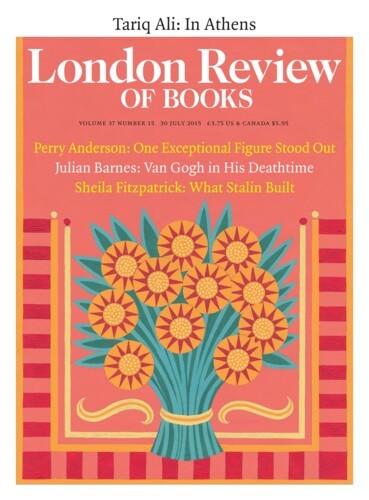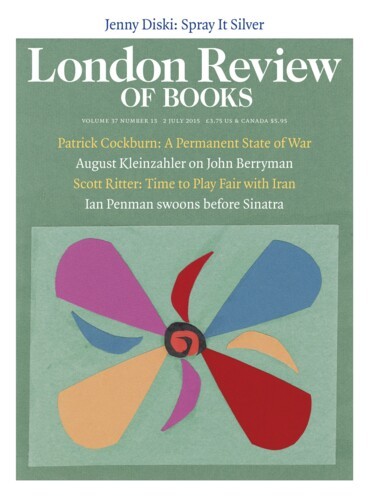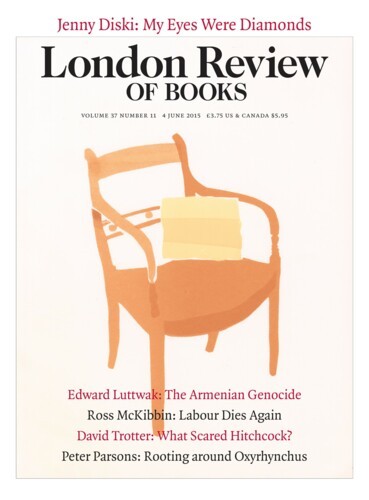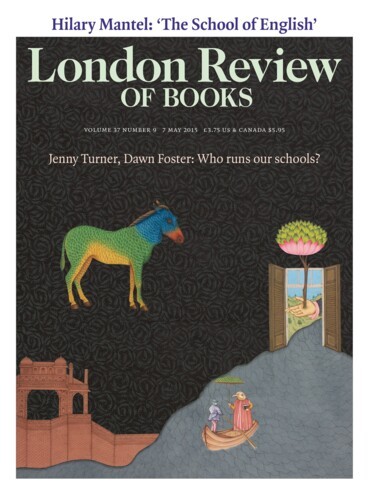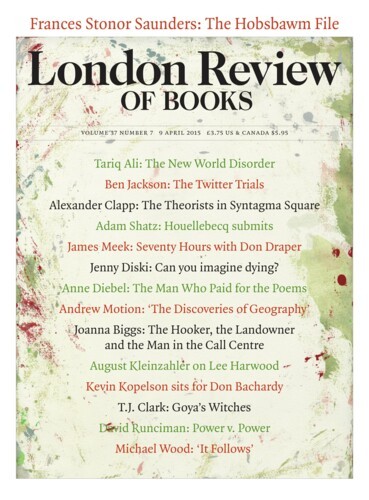Why can’t people just be sensible?
Jenny Diski, 30 July 2015
Peter Lessing died in his flat, of a heart attack, in the early hours of 13 October 2013, aged 66. His mother, Doris Lessing, died four weeks later, on 17 November 2013, aged 94, in the adjoining house. An interconnecting door had been cut into the shared wall and was always left open. This very nearly tells the story of their lives as mother and son, in the sense that we know our planet...
